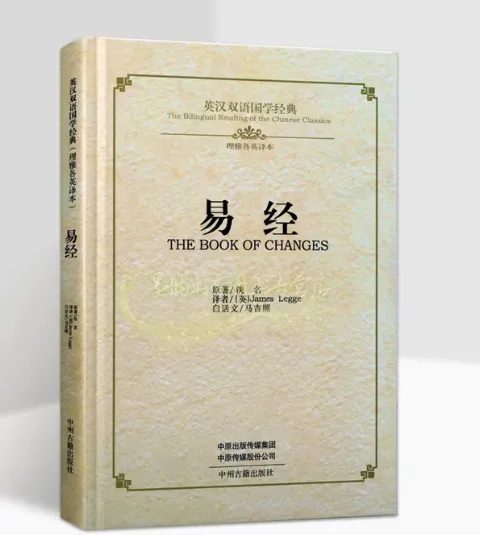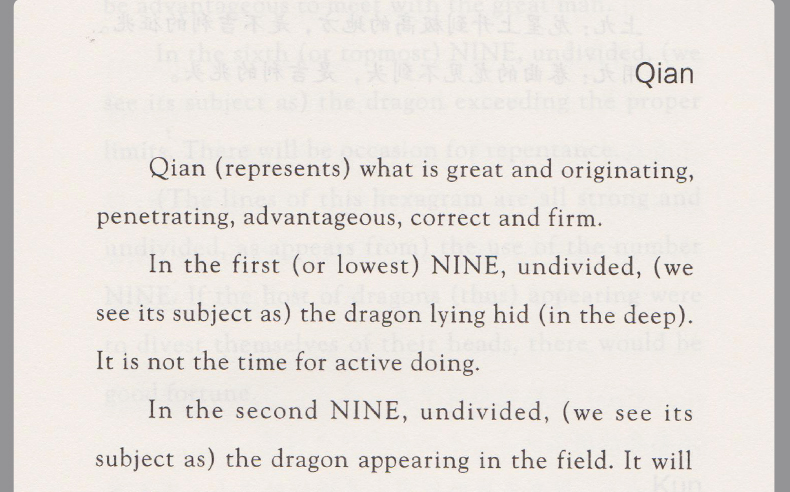

The Book of Changes (Yi Jing) is a text that expounds on the principles of change and has long been used for divination. Divination involves predicting the development of future events, and the Book of Changes summarizes the theoretical laws of such predictions. The Book of Changes encompasses all things. As an outstanding representative of Chinese traditional culture, it is profound, subtle, and all-encompassing, serving as the wellspring of Chinese civilization.








James Legge (1815–1897), a renowned British sinologist and missionary of the London Missionary Society, served as the principal of Anglo-Chinese College in Hong Kong in 1842. He was one of the first to systematically study and translate ancient Chinese classics.From 1861 to 1886, over 25 years, with the assistance of his friend Wang Tao and translator Huang Sheng, he translated 28 volumes of major Chinese classics, including the Four Books, Five Classics, Book of Songs, Tao Te Ching, and Zhuangzi. In his later years, while teaching at Oxford University, he dedicated all his energy to the English translation of ancient Chinese classics. Despite prolonged illness, he worked continuously for more than ten hours daily, never ceasing his writing. Through his translations, Westerners gained access to in-depth texts for understanding Chinese traditional culture. In 1876, Legge was awarded the first Prix Stanislas Julien by the French Academy for his achievements in translation and contributions to sinological research.